Indications:
●Management of overactive bladder
●Treatment of symptoms associated with neurogenic bladder
●Reduction of bladder muscle spasms
Administration Guidelines
●Oral Tablets: Oxybutynin oral tablets are typically taken two to three times daily, with or without food. Swallow the tablets whole with a glass of water; do not chew, break, or crush them.
●Transdermal Patches: The patch should be applied to a clean, dry, and smooth skin area on the abdomen, hip, or buttock. A new patch is usually applied twice weekly (every 3–4 days), and the application site should be rotated to avoid skin irritation.
●Topical Gel: A measured dose of the gel is applied to clean, dry skin on the abdomen, upper arms, shoulders, or thighs once daily. Do not apply the gel to recently shaved or broken skin.
Administration Details
Dosage Forms:
●Oral tablets (immediate and extended-release)
●Transdermal patches
●Topical gel
Dosage:
●Dosage varies based on the formulation and patient's age, condition, and response to treatment. It's crucial to follow the prescribing doctor’s instructions precisely.
Safety Precautions
●Pregnancy and Breastfeeding: The safety of oxybutynin during pregnancy and lactation is not well-established. Use only under the strict guidance of a healthcare provider after assessing potential risks and benefits.
●Glaucoma: Patients with uncontrolled narrow-angle glaucoma should use oxybutynin with caution or avoid it, as anticholinergic drugs can exacerbate this condition.
Drug Interactions
Oxybutynin may interact with other medications that exhibit anticholinergic properties, potentially increasing side effects. It can also affect the absorption of other drugs due to its influence on gastrointestinal motilit
|

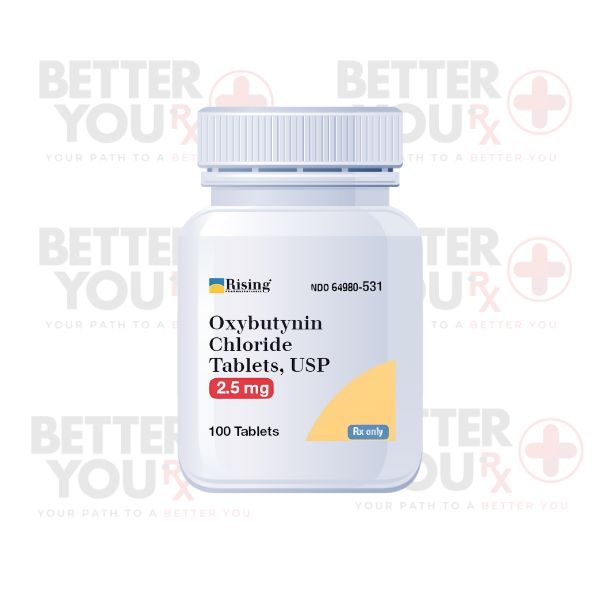
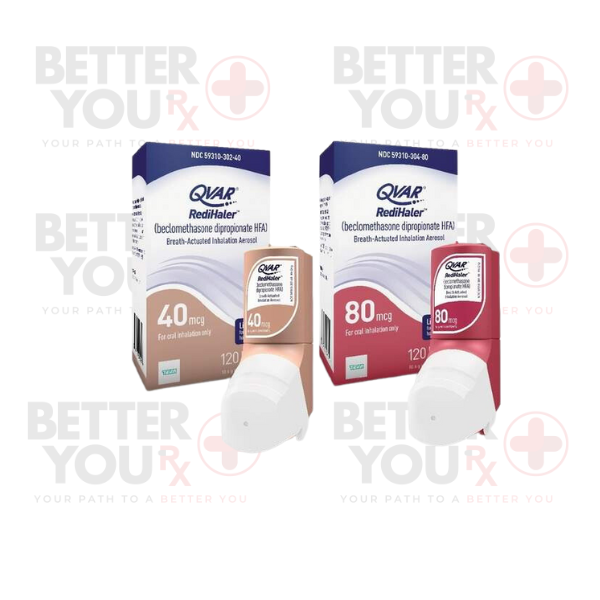
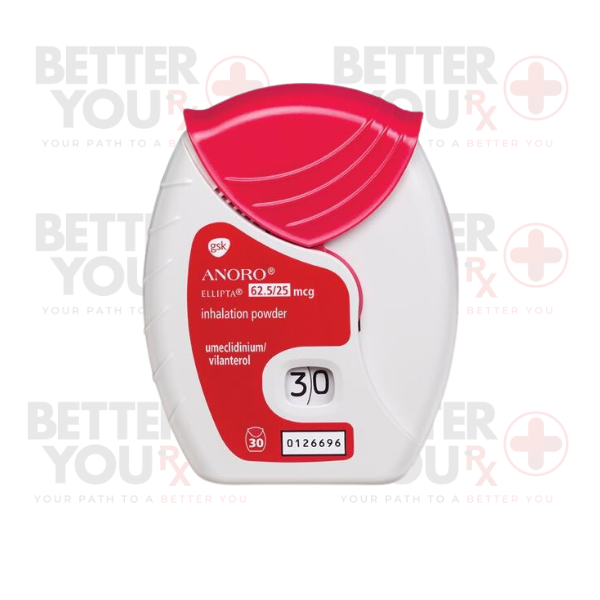

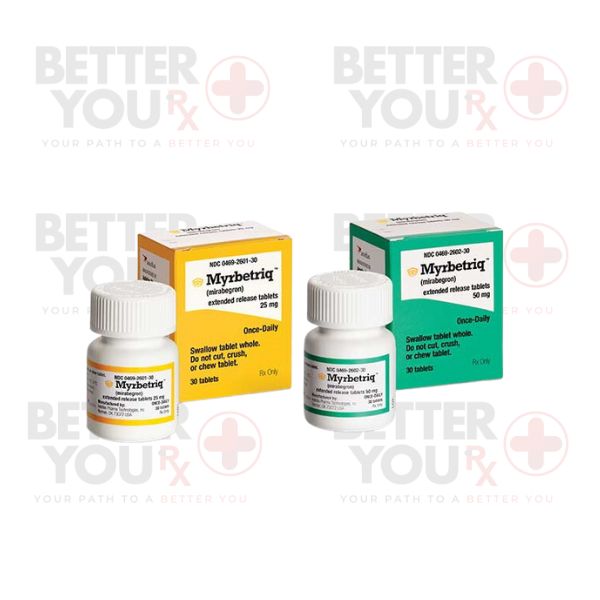
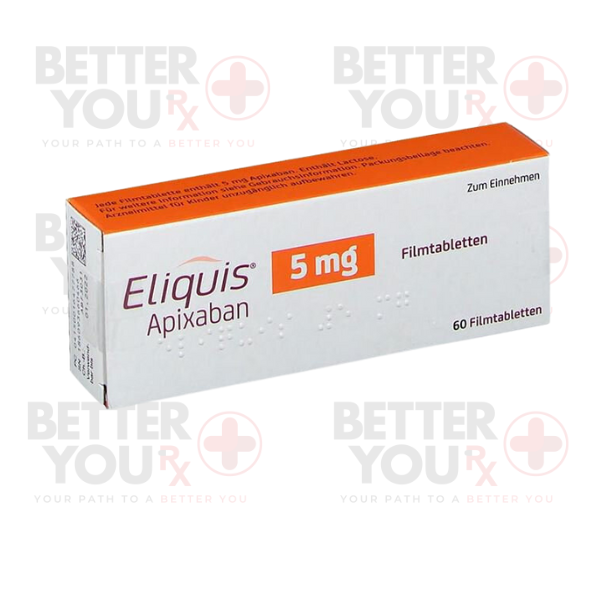
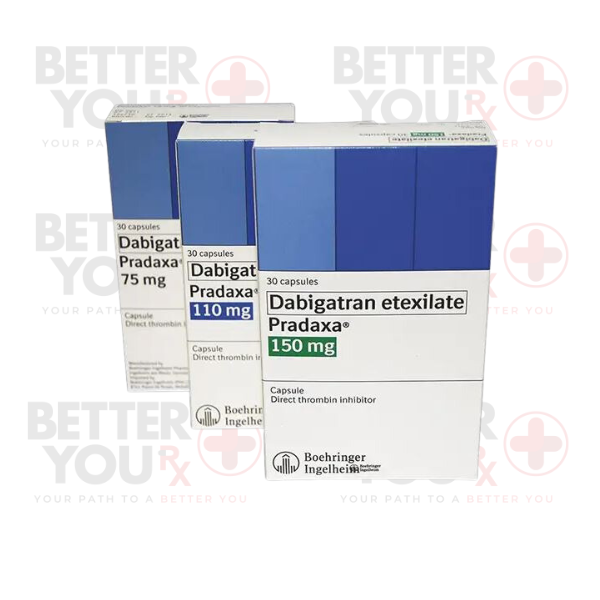
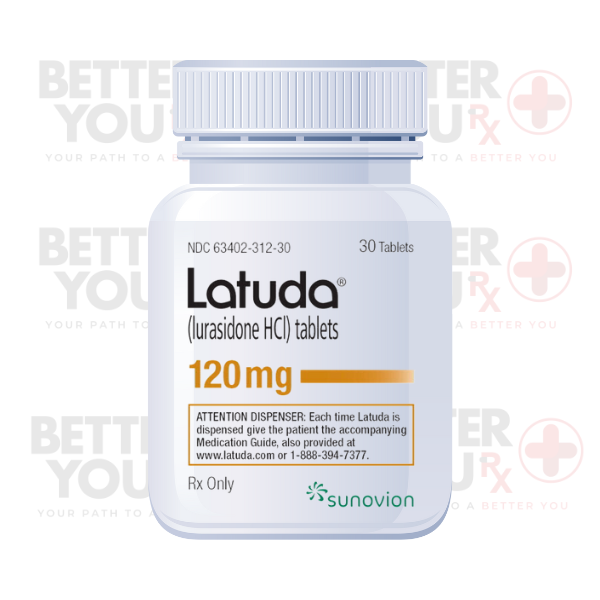
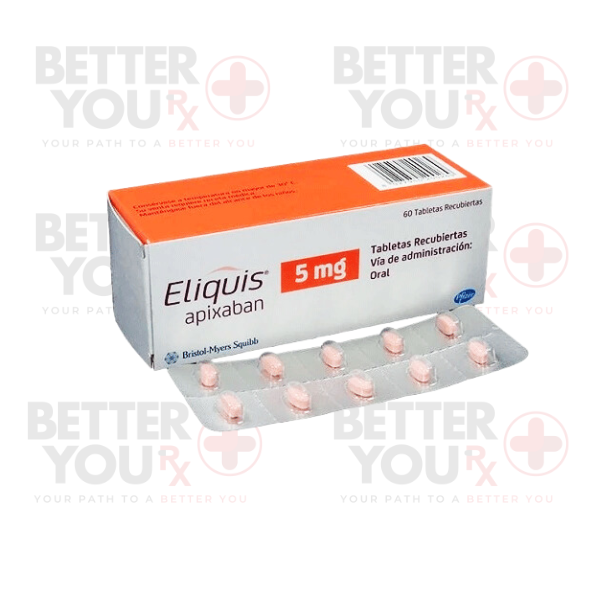
Reviews
There are no reviews yet.